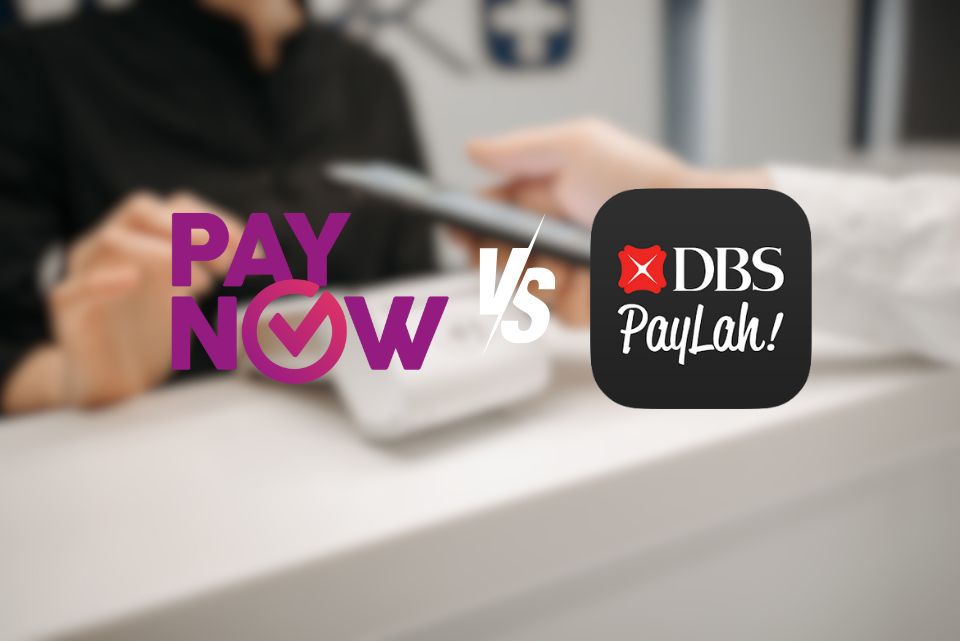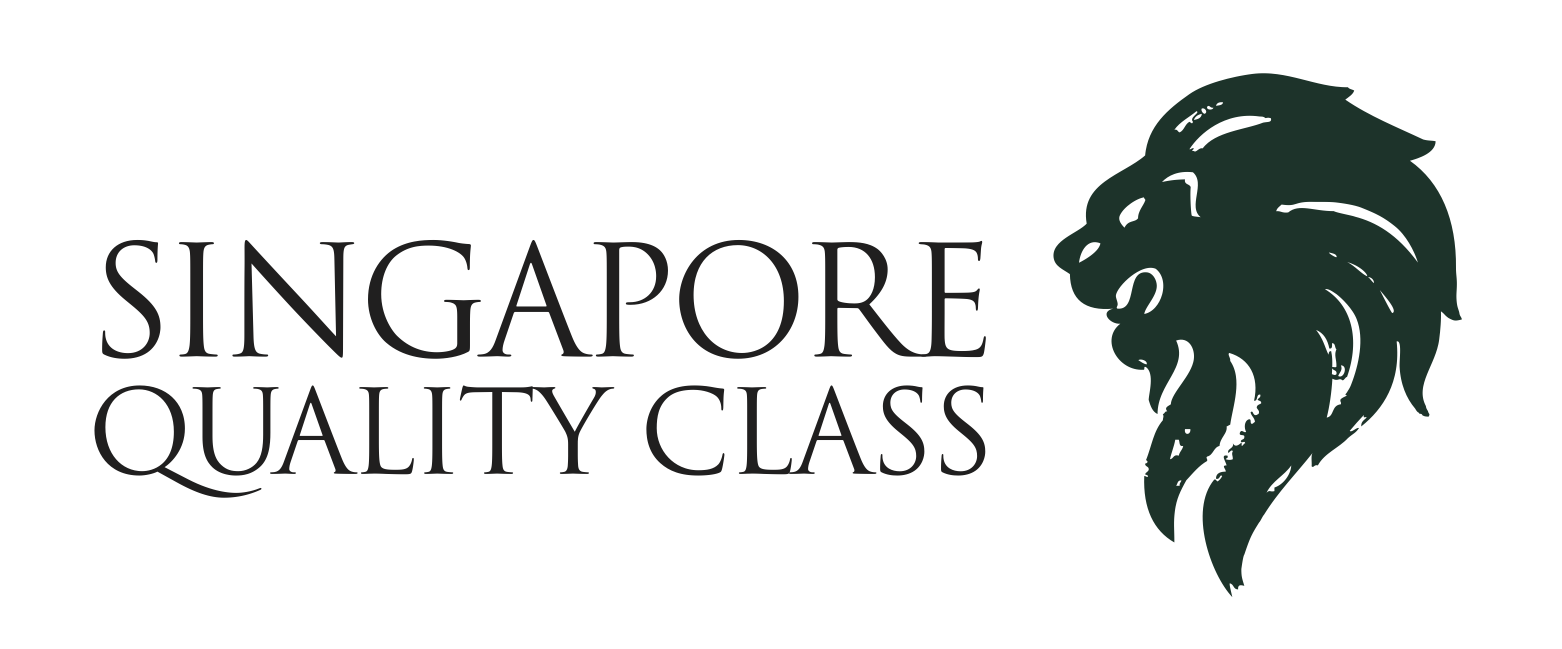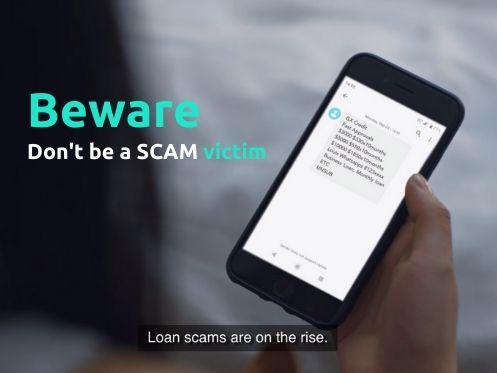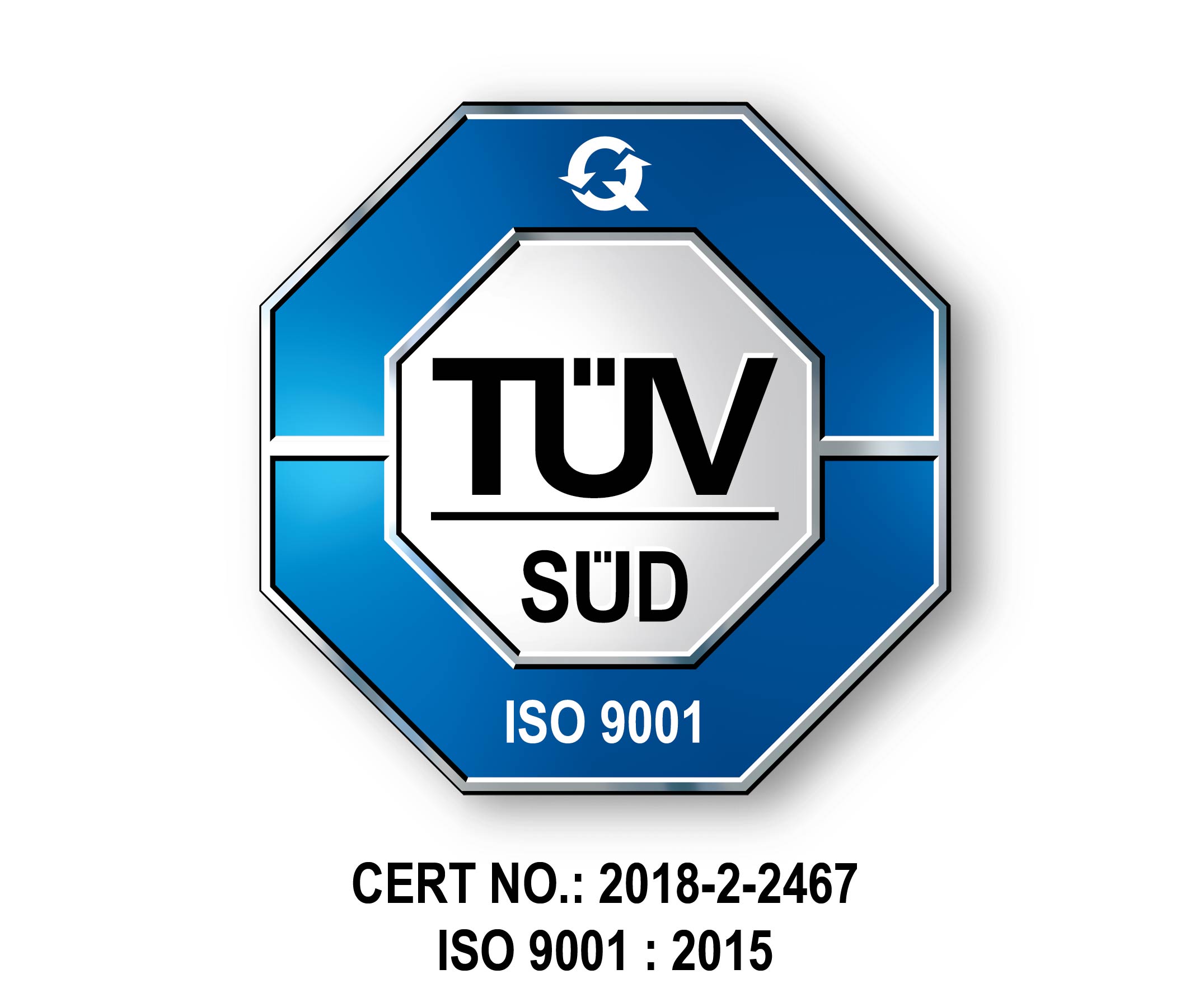
Finding yourself unable to repay a loan can be a stressful experience. Especially when dealing with a licensed money lender in Singapore, the pressure to repay can feel overwhelming. You might be considering a personal loan to cover the debt, but the thought of using your home or car as collateral is daunting.
Don’t worry, you’re not alone. Many people face similar challenges, and there are options available even if you can’t provide collateral. This article will guide you through the steps you can take to settle your debt with a licensed money lender and regain control of your finances.
Understanding Your Options: Loan Types from Licensed Money Lenders in Singapore

When you need financial assistance, licensed money lenders in Singapore offer a variety of loan options to suit your needs. These generally fall into two main categories:
1. Secured Loans. These loans require you to pledge an asset, such as your house, car, or jewelry, as security. Because they are secured, you can typically borrow larger amounts compared to unsecured loans. The limit depends on the value of your collateral and the lender’s assessment.
Be aware that the lender will place a caveat on your property, meaning you cannot sell it without first repaying the loan.
2. Unsecured Loans. These loans are granted based on your income and creditworthiness, without the need to pledge any assets. The amount you can borrow is limited based on your annual income.
Read also: Secured Vs Unsecured Personal Loan In Singapore: Which One To Take?
Unsecured loans cater to various needs, including:
- Personal loans: For personal expenses or debt consolidation.
- Business loans: To support business operations or expansion.
- Renovation loans: For home improvements.
- Medical loans: To cover healthcare costs.
- Wedding loans: To finance wedding expenses.
Borrowing Limits for Unsecured Loans:
Your annual income determines the maximum amount you can borrow for an unsecured loan:
- Annual income ≤ $20,000: Maximum loan amount of $3,000 (for Singaporean citizens and PR).
- Annual income > $20,000: Maximum loan amount of 6 times your monthly salary.
What To Do Before Applying For A Loan?
- Check your eligibility: Use online calculators or contact the lender to determine how much you can borrow based on your income.
- Compare interest rates and terms: Shop around and compare offers from different licensed money lenders to find the best fit for your needs.
By understanding the different types of loans available and your borrowing limits, you can make informed decisions and choose the most suitable option for your financial situation.
Borrowing from Licensed Money Lenders in Singapore
Licensed money lenders can be a viable option when you need quick access to funds. However, it’s crucial to understand both the advantages and disadvantages before making a decision.
The Advantages
- Speedy Approval and Disbursement: Get the money you need quickly, often within 30 minutes of signing the loan contract and completing verification.
- Simple and Efficient Application: Apply online or in person with minimal paperwork and a straightforward process.
- Transparent Terms and Conditions: Lenders are legally obligated to clearly explain all terms and conditions, ensuring you understand the agreement before signing.
- Responsible Lending Practices: Loan amounts are determined based on your income, helping to prevent over-borrowing and promote responsible debt management.
The Disadvantages
- Higher Interest Rates: Expect interest rates up to 4% per month, which can be significantly higher than banks or other financial institutions.
- Shorter Repayment Terms: Loan tenures are typically short (1 to 3 months), leading to higher monthly repayments.
- Penalties for Late Payment: Late payments can incur penalties, including additional interest and fees, potentially leading to a debt spiral.
- Impact on Credit Score: While most lenders don’t perform hard credit checks, defaults can negatively affect your credit score, making future borrowing more difficult.
- Income-Dependent Borrowing Limits: Loan amounts are restricted by your income, which may limit your ability to finance larger projects.
- Risk of Debt Dependency: The ease and speed of obtaining loans can create a reliance on borrowing, hindering the development of healthy financial habits.
How Are You Protected By The Law When Borrowing From A Licensed Money Lender?
The Moneylenders Act and Rules in Singapore provide crucial safeguards for borrowers, ensuring fair treatment and transparency when dealing with licensed money lenders. Here’s how the law protects you:
1. Clear Explanation of Loan Terms
Lenders are legally obligated to provide a clear and comprehensive explanation of the loan terms and conditions before you sign any agreement.
This includes details about interest calculation, loan tenure, repayment schedule, and any associated fees.
2. Interest Rate Cap
The maximum interest rate lenders can charge is capped at 4% per month.
This helps protect you from exorbitant interest charges and prevents lenders from exploiting borrowers.
3. Restrictions on Advertising
Licensed money lenders cannot use aggressive marketing tactics such as bombarding you with unsolicited text messages or emails.
They can only advertise through approved channels like consumer directories, their websites, or their office premises.
4. Protection from Harassment and Intimidation
Lenders are prohibited from engaging in any form of harassment, intimidation, or shaming tactics during the debt collection process.
You have the right to be treated with respect and dignity, even if you face difficulties with repayment.
5. Responsible Lending Practices
Loan amounts are determined based on your income to prevent over-borrowing and ensure you can reasonably manage the repayments.
This helps protect you from falling into a debt trap and promotes responsible borrowing habits.
- Always deal with licensed money lenders. Verify the lender’s license on the Ministry of Law’s website.
- Make sure to read the loan contract carefully. Understand all terms and conditions before signing.
- Keep copies of all documents. This includes the loan contract, receipts, and any correspondence with the lender.
- Don’t hesitate to seek help. If you face any issues or have concerns, contact the Registry of Moneylenders or seek legal advice.
Having Difficulty to Pay Back Your Loan? How To Settle Debt With A Licensed Money Lender
Facing difficulty repaying your loan from a licensed money lender? Don’t panic. Here’s a breakdown of steps you can take:
1. Communicate with Your Lender
The first and most crucial step is to contact your lender as soon as you realize you’ll have trouble with repayments. Explain your situation honestly.
Moreover, you may work together to find a solution. This could involve:
- Extension: Requesting more time to repay.
- Restructuring: Adjusting the loan terms, such as smaller installments over a longer period.
2. Consider Debt Consolidation
If you have multiple debts, consolidating them into one can make managing payments easier. Therefore, you may need to opt for a debt consolidation loan.
3. Seek Government Assistance
You may consider applying for a debt repayment scheme. This government program helps consolidate debts and provides a structured repayment plan over a period of up to five years. Eligibility criteria apply.
4. Get Professional Guidance
Credit counselors can provide valuable advice on debt management, budgeting, and exploring solutions like debt consolidation. Credit Counselling Singapore (CCS) is a reputable organization offering such services.
5. Explore Further Options
- Interest-free loans from family or friends: Consider asking for temporary help from loved ones to avoid accumulating further interest on your existing loan.
- Selling assets: If necessary, consider selling property or assets to cover your outstanding debt.
6. Bankruptcy (Last Resort)
If you owe more than S$15,000 and are unable to repay, bankruptcy may be an option. However, it has serious consequences for your credit score and should be considered carefully.
The Bottom Line
Defaulting on your loan will negatively impact your credit score and may lead to legal action by the lender.
Licensed money lenders are regulated and are generally willing to work with borrowers facing financial difficulties. Open communication is key.
Early intervention and proactive communication with your lender are crucial for finding a manageable solution and minimizing the negative impact on your financial well-being.













































































































































































